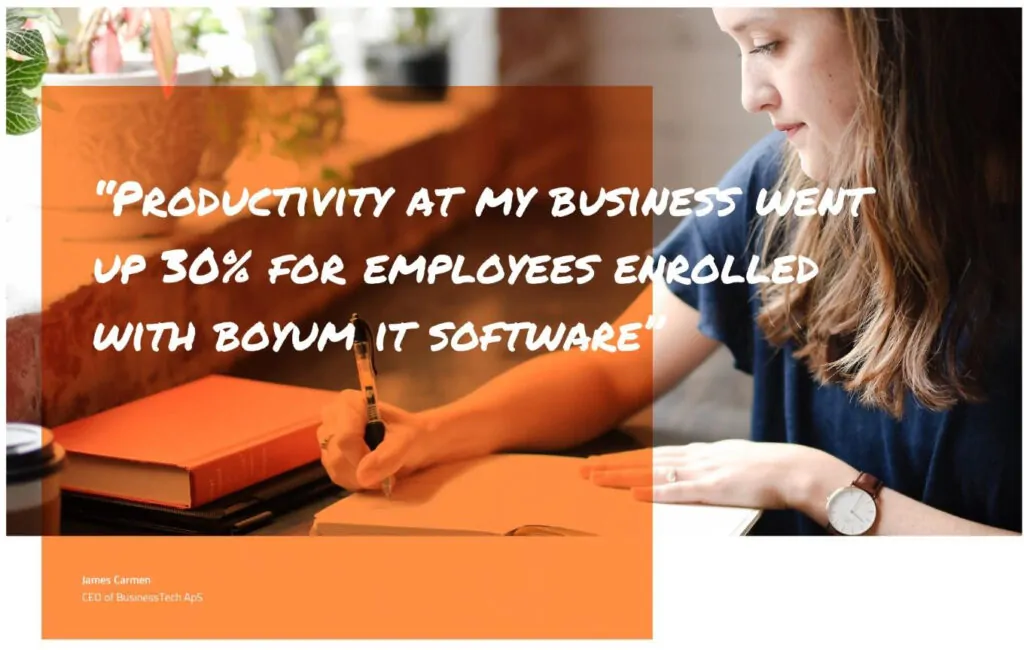Enterprise Resource Planning (ERP) systems are nothing new, and neither are the misconceptions about them. From being too big for an organization or too time consuming to implement, the truth is, today’s ERP is not your grandfather’s, and many of the misconceptions are just that – not true. So if you are thinking about how an ERP system can help your business, let us first deconstruct 5 common myths about them.
Myth 1 – ERP solutions are only for large organizations
While it’s true most large organizations have implemented an ERP system due to the complexity of the organization, that doesn’t mean they aren’t for small- and medium-sized companies, too. In fact, ERP solutions are scalable and flexible, meaning smaller-sized companies can implement what they need now and add on more as they grow.
And that’s a good thing because all businesses face challenges that an ERP’s functionality can address, such as streamlining manual processes to eliminate human error and integrating multiple systems to increase overall efficiency.
Myth 2 – An ERP Implementation is quick and easy
ERP systems help manage and integrate the essential parts of a business such as finance, manufacturing, inventory and order management, customer communication, and human resources, all within a single platform. If that sounds complex, it is, and the implementation is too. ERPs aren’t simply plug and play; to do it right, they require careful planning, preparation, and collaboration with multiple steps involved, such as migration, process mapping, and customization, as well as employee training.
That said, businesses don’t have to undertake the implementation alone. Partnering with the right ERP implementor is a key component in making the roll-out as easy and friction-free as possible.
Myth 3 – An ERP system will only benefit the IT department
While it’s true that an ERP system is technology-based, it isn’t only for the IT department to use. When implemented properly, ERPs benefit an entire organization by integrating various functions. To get the most out of it, stakeholders from those areas and departments of the business, in addition to the IT department, are involved in the planning process.
Myth 4 – An ERP system will solve all your business problems
Businesses turn to an ERP system for many reasons, but solving all its problems is not one of them. ERPs can collect critical company information from various departments in a common database, help automate and optimize operations, and provide a single view of reality through a common database.
That said, if other issues persist within an organization, such as poor communication, inefficient processes, or inadequate training leading to a lack of employee skills, those must be addressed and overcome for the health of the company. While an ERP implementer or consultant isn’t the best option for these challenges, they might know someone who is.
Myth 5 – ERP systems are too expensive
Let’s face it; brining an ERP solution into your environment is a sizable investment in money, time, and resources. There’s the software itself, plus the people to implement it correctly and train end users on how to maximize it. But the real question is, what’s the cost of doing nothing? An ERP system brings long term benefits and cost-savings through process automation, improved efficiency, reduced errors and more effective resource planning and utilization.
What’s more, today’s ERP is not the ERP of yesteryear. Thanks to cloud-based solutions and subscription-based pricing, ERPs are more accessible and affordable than ever.
Now that we’ve cleared the air about some common misconceptions, hopefully you have a clearer view of ERP systems and see how one might be a good solution for you. Still, every business has its unique circumstances, so it’s critical to carefully plan and evaluate just how an ERP system will help you.
That’s where we come in. Whether you’re simply starting to learn about ERP systems, need help evaluating solutions, are ready to implement, or are looking for post-implementation support to keep your ERP running at peak performance, we can help you. Contact us today to set up some time to speak with one of our consultants and find out how.





















